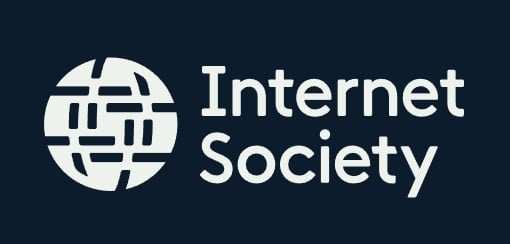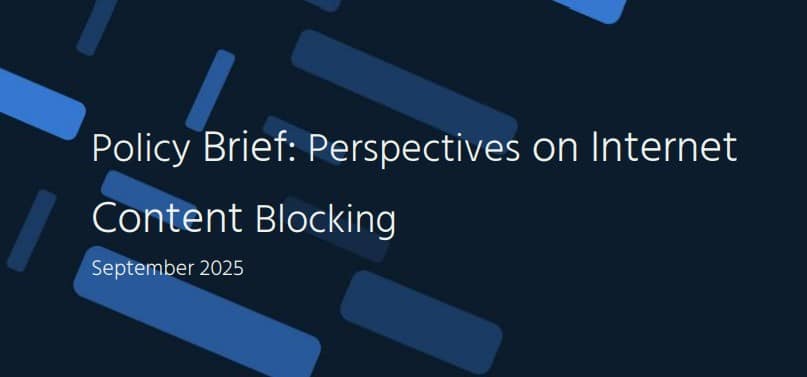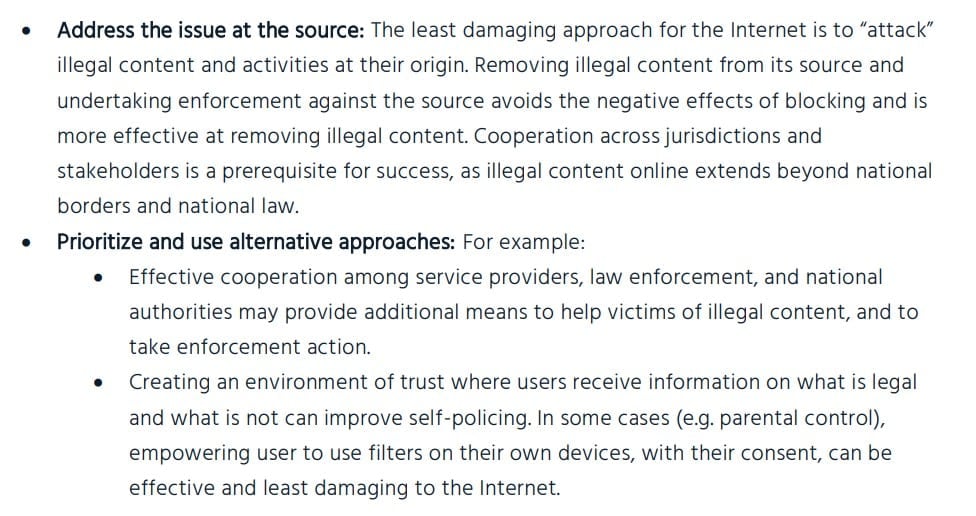 Today, pirate site blocking is commonplace in dozens of countries. The United States has been noticeably absent from this list, but that could change soon.
Today, pirate site blocking is commonplace in dozens of countries. The United States has been noticeably absent from this list, but that could change soon.
With Block-BEARD and FADPA, two blocking bills are currently in the legislative process. These proposals aim to offer a streamlined option for rightsholders to have online service providers block access to infringing sites and services.
The last time U.S. lawmakers proposed blocking legislation was thirteen years ago, with the SOPA bill. This attempt stranded after massive public protests. However, times have changed, and major stakeholders have started to adapt to this new reality. While they still may be fundamentally opposed to IP- and DNS blocking, the focus is more on limiting potential damage and overblocking.
Internet Society: A Cautionary Policy Brief
The Internet Society also takes this cautionary approach. Founded in 1992 by internet pioneers including Vint Cerf and Bob Kahn, the organization represents over 70,000 individual members as well as major internet infrastructure companies including Amazon, ARIM, Cloudflare, Google, RIPE, and Verisign.
In a policy brief (pdf) released this month, Internet Society shares its perspective on site blocking. The organization makes it clear that it is still against these types of technical measures.

The policy brief stresses that blocking doesn’t remove the problematic content, which remains accessible at the source. Instead, blocking hides it while potentially making legitimate content unavailable as collateral damage.
“While content blocking may seem like a quick fix for preventing access to illegal material, it is often ineffective and frequently causes the blocking of legitimate services, impacting both users and businesses,” Internet Society writes.
“Further, DNS and IP blocking do not remove the content from the Internet, rendering the material still accessible to determined individuals. Attempts to circumvent blocking may put users’ privacy, security, and safety at risk.”
Italy’s Problems and other Threats
The Internet Society specifically mentions Italy as an example of how things can get out of hand. Last year, the country launched its elaborate ‘Piracy Shield‘ blocking scheme, granting broad powers to block piracy-related domain names and IP addresses within 30 minutes.
While many pirate sources have indeed been blocked, this policy also resulted in collateral damage, the policy report warns.
“[T]his policy repeatedly over-blocked legitimate services, including Google domains, Cloudflare-hosted sites, and Google Drive, causing widespread disruption for businesses, everyday Internet users, and cloud services.”
The policy brief also highlights that these measures can require substantial investment from service providers. Meanwhile, users who try to circumvent these and other blocking measures may end up using less secure VPNs and DNS resolvers, eroding public security.
Internet Society Issues Blocking Recommendations
Despite its continued opposition against IP and DNS blocking, the Internet Society realizes that blocking is now widespread. The brief doesn’t specifically mention the U.S. proposals, but the timing suggests that it is also intended to inform lawmakers on the Hill.
In this regard, it is noteworthy that the policy brief includes a list of guiding principles and recommendations for those who consider implementing blocking measures.
This list starts with forgoing the blocking plans altogether and focusing on taking down the source material, often pirate sites. If that doesn’t yield results, alternative approaches can be tried, including cooperation with service providers and national law enforcement authorities.

If any blocking measures (or laws) are implemented, the Internet Society notes that these should be transparent, temporary, and limited in scope. In addition, stakeholders should be involved, users should be empowered, and due process should be respected.
Below is an abbreviated overview of the principles and recommnedations, intended to lessen the negative impact of blocking, as provided in the policy brief.
| Principle | Description (paraphrased) |
|---|---|
| Prioritize Non-Blocking Options | Exhaust all practical options to address content at its source before considering blocking. Blocking must be a necessary and proportionate last resort. |
| Be Transparent | Maintain transparency about blocking policies and their objectives. Make sure users can raise concerns about negative impacts on their rights and interests. |
| Empower Users | Ensure users have access to online tools and digital skills training to filter content on their own devices. |
| Limit the Scope | Implement any content blocks as locally as possible to minimize global impact and prevent overreach. |
| Involve Stakeholders | Involve a broad set of technical, economic, and consumer rights specialists in policy development to minimize negative side-effects. |
| Follow Due Legal Process | Ensure any blocking order is supported by law, independently reviewed, and narrowly targeted to a legitimate aim. Internet providers should not be required to determine illegality. |
| Keep it Temporary | All blocking measures should be temporary and must be removed as soon as the reason for the block ceases to exist. |
The policy brief is yet another signal that not all stakeholders agree with the current and proposed blocking plans, but that this is a reality they have to deal with. If blocking is put in place, it is better to influence how it’s done rather than not being part of the discussions at all.
In the closing paragraphs, Internet Society stresses that it remains opposed to DNS and IP-based blocking, as this undermines its vision of how the Internet Way of Networking is supposed to work.
“These blocking methods disrupt the technical architecture that makes the Internet open, globally reachable, and resilient,” it concludes.
From: TF, for the latest news on copyright battles, piracy and more.
Powered by WPeMatico
